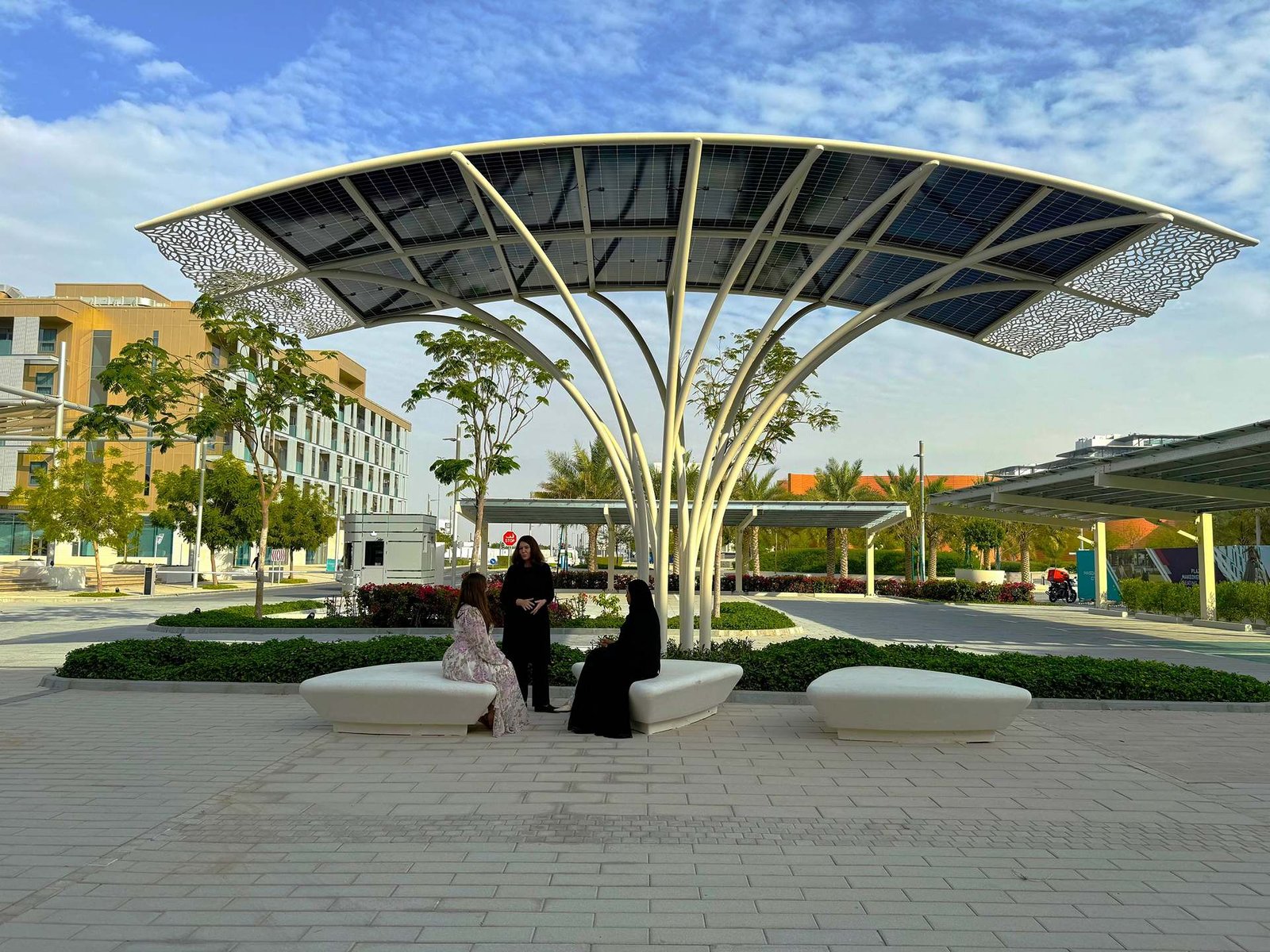Embracing Sustainable Business Practices in the UAE
The UAE has emerged as a leader in sustainability, driven by a vision that intertwines economic growth with environmental stewardship. As global awareness of climate change and environmental challenges intensifies, businesses in the UAE are increasingly recognizing the importance of adopting sustainable business practices. The country’s commitment to green initiatives is not just a governmental mandate but a significant opportunity for entrepreneurs and established businesses alike to innovate, grow, and contribute to a more sustainable future.
The UAE’s Green Vision
The UAE’s commitment to sustainability is exemplified through its ambitious projects and policies, such as the UAE Energy Strategy 2050 and Dubai’s Clean Energy Strategy 2050. These strategies aim to significantly increase the share of clean energy in the country’s energy mix, with goals of 50% by 2050. Masdar City, a hub for clean technology and renewable energy, stands as a beacon of the UAE’s dedication to eco-friendly development. These initiatives reflect the UAE’s broader vision of becoming a global leader in sustainability and provide fertile ground for businesses to thrive in a green economy.

Implementing Sustainable Business Practices
For entrepreneurs and business leaders in the UAE, aligning with the country’s sustainability goals is not just about compliance; it’s about positioning for long-term success. Here are several strategies businesses can adopt to integrate sustainability into their operations:
- Adopt Renewable Energy Sources: Utilizing renewable energy, such as solar panels or wind turbines, can reduce your business’s carbon footprint and lead to significant cost savings over time. The UAE’s abundant sunshine makes solar energy an especially viable option.
- Develop a Waste Management Plan: Implementing effective waste reduction strategies, including recycling and composting, can minimize environmental impact. Partnering with local services like Bee’ah can help streamline these processes, ensuring that your business not only reduces waste but also contributes to the circular economy.
- Sustainable Supply Chain: Sourcing materials and products from eco-friendly suppliers is crucial. This could involve using recycled materials, selecting local suppliers to minimize transportation emissions, or choosing partners committed to reducing their environmental impact.
- Green Certifications: Achieving certifications such as LEED for buildings or ISO 14001 for environmental management systems enhances your business’s credibility. These certifications signal to customers and partners that your company is serious about sustainability.
- Innovate with Eco-friendly Products and Services: There is a growing market for products and services that address environmental challenges. Whether it’s through developing biodegradable packaging, offering energy-efficient solutions, or consulting on sustainability practices, businesses can differentiate themselves by prioritizing eco-friendly innovations.
Leveraging Incentives for Sustainable Practices
The UAE government supports businesses in their sustainability efforts through various incentives and funding opportunities. The Dubai Green Fund, for example, offers low-cost loans to projects aligned with Dubai’s Clean Energy Strategy 2050. Additionally, tax benefits, grants for research and development, and support programs like the Dubai Chamber Sustainability Network provide businesses with the resources needed to transition to sustainable practices.
Conclusion
Embracing sustainable business practices is no longer optional for businesses in the UAE; it’s essential for long-term growth and relevance in a rapidly evolving market. The UAE’s strategic emphasis on sustainability offers a unique opportunity for businesses to innovate, reduce their environmental impact, and thrive in a green economy. By leveraging the country’s incentives and adopting eco-friendly practices, businesses can contribute to a more sustainable future while reaping the benefits of a more resilient and responsible business model.

